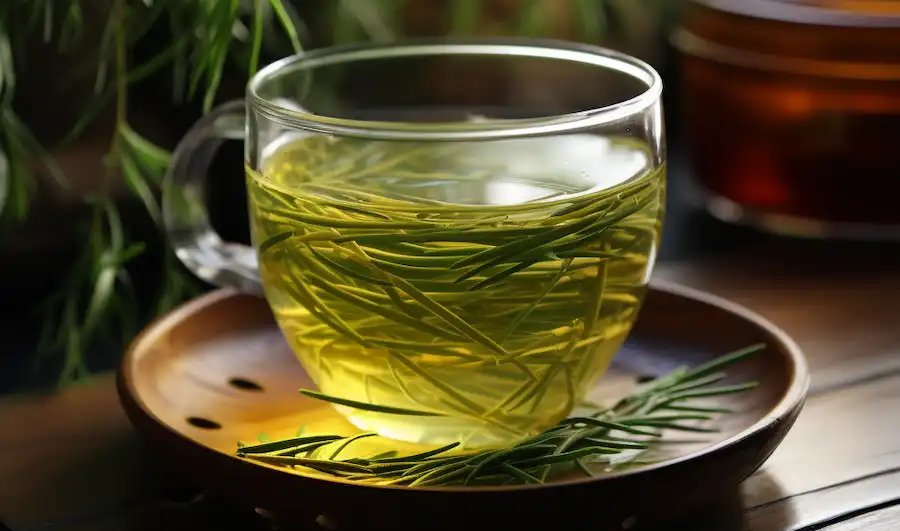In the vast expanse of our backyards, amidst commonly disregarded flora, lies a plant with unique medicinal qualities that many often overlook—goose grass (Eleusine indica). Though commonly regarded as a weed, it is known in traditional medicine for its therapeutic properties. While scientific evidence is still developing, goose grass has been used as a natural remedy for various minor ailments, particularly for its anti-inflammatory and diuretic effects. Let’s take a closer look at the potential health benefits this humble plant may offer.

A Closer Look at Goose Grass
Goose grass thrives in diverse environments and can be found in gardens and yards globally. It has been traditionally used in herbal medicine for its antioxidant, anti-inflammatory, and diuretic properties. Although it is important to note that not all of these traditional uses are fully supported by modern science, goose grass is commonly used in folk remedies, particularly in teas, to support general well-being.
Potential Health Benefits of Goose Grass
- Kidney Support: Goose grass has natural diuretic properties, which may assist the body in flushing out excess water and salts, potentially benefiting kidney health. By increasing urine production, it may help in maintaining fluid balance. However, it is important to consult a healthcare professional before using it for any kidney-related conditions.
- Anti-inflammatory Effects: Traditional uses of goose grass include its application as an anti-inflammatory agent. Some herbalists have applied it topically for minor wounds or inflammation, though modern scientific studies are still limited on this front. For external conditions such as minor sprains, goose grass poultices made from crushed leaves are sometimes applied.
- Antioxidant Properties: Goose grass contains certain antioxidants, which may help neutralize free radicals in the body. While the exact potency of these effects is yet to be fully verified through scientific studies, incorporating antioxidant-rich plants into the diet may support overall health.
- Minor Wound Healing: In traditional medicine, crushed goose grass is occasionally applied to minor wounds to promote healing. While this practice is common in some cultures, it should not replace modern wound care treatments, especially for more serious injuries.
- Fever Relief: Some traditional healers use goose grass tea to reduce fevers, although scientific evidence supporting this use is limited. It’s always best to rely on medically approved methods for fever management and consult a doctor.
Preparing Goose Grass
Goose grass is most commonly consumed as a tea. To prepare, use a small handful of fresh leaves, boil them in water for about 3 minutes, and then strain. It is recommended to drink this tea in moderation, particularly if using it for diuretic purposes. For external uses, such as for minor sprains, a poultice of crushed fresh leaves can be applied to the affected area.
Conclusion
While goose grass may not be a miracle cure, it has certain traditional medicinal uses, particularly for mild conditions such as inflammation and kidney support. However, it’s important to approach its use with caution and avoid relying on it for serious health conditions. Always consult a healthcare professional before incorporating any new herbal remedies into your health routine, particularly if you have pre-existing medical conditions or are taking medications.

